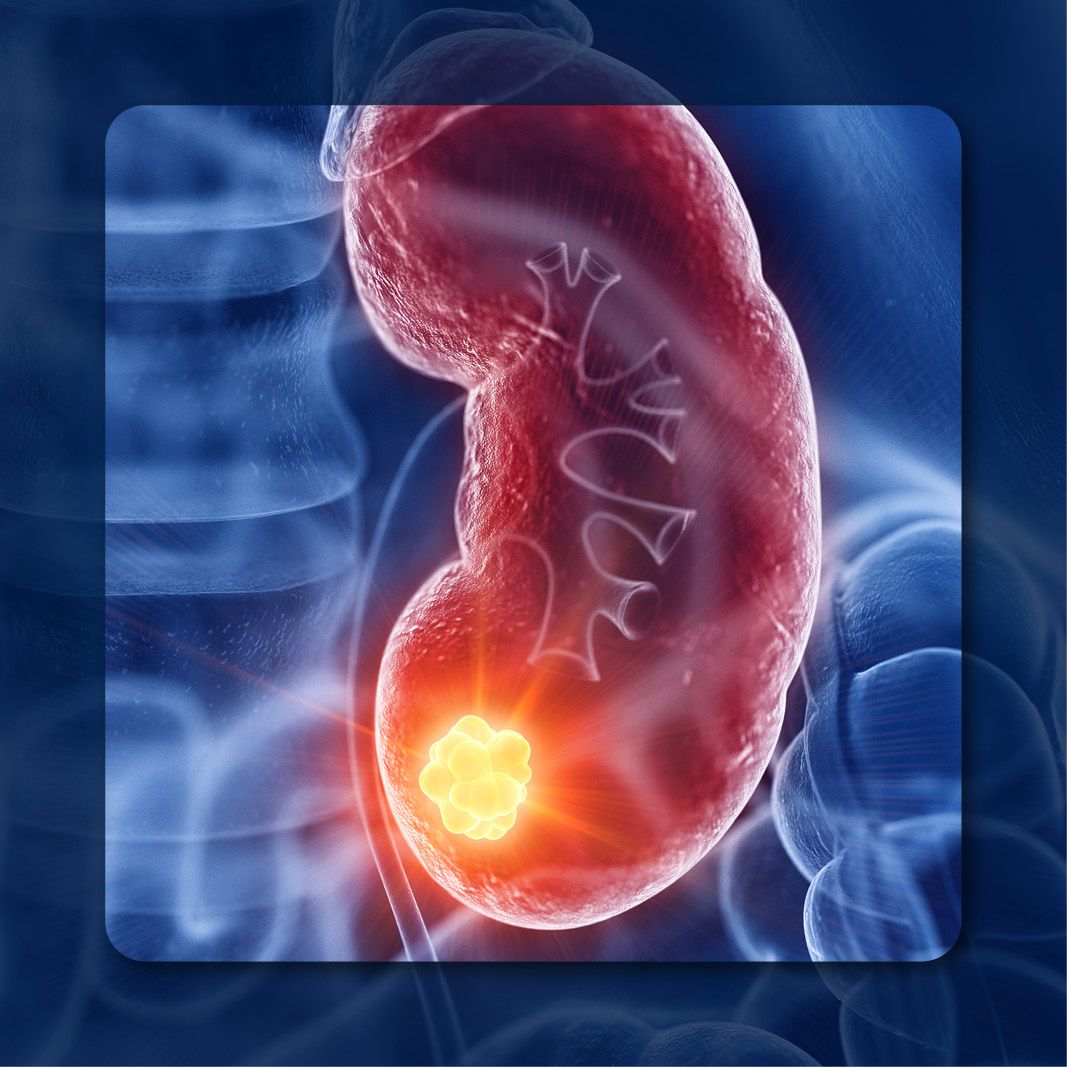Article
Bria-IMT Plus Retifanlimab Continues to Show Early Clinical Benefit in Advanced Metastatic Breast Cancer
Author(s):
The combination of the targeted immunotherapy Bria-IMT and retifanlimab demonstrated signs of clinical benefit and was found to be well tolerated in patients with advanced metastatic breast cancer.

The combination of the targeted immunotherapy Bria-IMT (SV-BR-1-GM) and retifanlimab (previously known as MGA012) demonstrated signs of clinical benefit and was found to be well tolerated in patients with advanced metastatic breast cancer, according to data from an open-label phase 1/2 trial (NCT03328026).1
Eighty-two percent of patients (n = 9/11) in this cohort who received the regimen in the third or later line were still alive from the 2021/2022 dosing. Notably, these patients had a median of 5 therapies before enrolling to the trial. Sixty-four percent (n = 7) of patients achieved disease control or a progression-free survival (PFS) benefit with the combination vs their most recent previous regimen received. The median PFS with Bria-IMT plus retifanlimab was 3.5 months.
No dose-limiting toxicities were observed with the regimen. Patients were also noted to experience less pain and better quality of life.
“This is working, and it’s working well. We had high hopes going into this clinical read-out, and the survival numbers have even exceeded our expectations,” William V. Williams, MD, president and chief executive officer of BriaCell Therapeutics Corp, stated in a press release. “With 9 of 11 women still alive, this has a material impact for the patients and their loved ones, especially since some patients may have had only weeks or months to live prior to our treatment.”
The trial enrolled patients with histological confirmation of breast cancer with recurrent and/or metastatic lesions.2 Patients needed to have persistent disease and local recurrence that was not amenable to local treatment. They were also required to be at least 18 years of age, have an expected survival of at least 4 months, and acceptable ECOG performance status of 0 to 1.
Patients could not have received concurrent or recent chemotherapy, immunotherapy, or general anesthesia/major surgery within 21 days; received radiotherapy within 14 days of their first dose of study regimen; or have toxicity from a previous therapy that had not recovered to grade 1 or less at baseline. If they had not recovered from adverse effects and/or complications from surgical intervention prior to study treatment, they were excluded.
Participants in this cohort received cyclophosphamide at 300 mg/m2 intravenously 48 to 72 hours before Bria-IMT at ~20 x 106 irradiated cells administered intradermally followed by interferon-alpha-2b at the inoculation sites for 1 to 4 hours and again 2 days afterward every 3 weeks.3 Retifanlimab was given at 375 mg intravenously every 3 weeks.2
Previous data from the combination cohort were shared during the 2022 San Antonio Breast Cancer Symposium (SABCS). In the 22 patients, the median age was 62 years (range, 38-82). The median prior number of lines of systemic treatment received was 6.5 (range, 2-13), and the median time since initial diagnosis was 3.0 years (range, 0.2-15.0).
Data from the 2022 SABCS showed that clinical benefit with the combination was observed spanning several disease subsets, particularly in those with hormone receptor (HR)–positive disease. In 3 of 5 evaluable patients who received Bria-IMT plus retifanlimab experienced tumor reduction. Most patients had PFS that was comparable or better than their last therapy received.4
Safety data showed that the most common toxicities experienced by 2 or more patients who received Bria-IMT and retifanlimab were grade 2 constipation (33%), grade 2 fatigue (33%), grade 2 urinary tract infection (25%), grade 1 erythema (17%), grade 1 induration (17%), and grade 2 diarrhea (17%).
In the updated read-out, 4 of 5 patients with grade 1 or 2 cancer and 6 of 8 patients with HR-positive disease achieved disease control or improved PFS suggestive of a subset of top-responding patients.1
Since December 2022, 9 additional patients had been screened and enrolled to the study.
Additional data, including overall survival, will be shared at regular intervals, according to BriaCell Therapeutics Corp.
References
- BriaCell reports positive survival data in advanced metastatic breast cancer. News release. BriaCell Therapeutics Corp. February 23, 2023. Accessed February 23, 2023. https://feeds.issuerdirect.com/news-release.html?newsid=6459967174693123
- Combination study of SV-BR-1-GM with retifanlimab. ClinicalTrials.gov. Updated December 9, 2022. Accessed February 23, 2023. https://clinicaltrials.gov/ct2/show/NCT03328026
- Chumsri S, Williams W, Chang M, et al. Allogeneic, antigen-presenting, GM-CSF-secreting, SV-BR-1-GM whole cell therapeutic vaccine in advanced metastatic breast cancer. Presented at: 2022 San Antonio Breast Cancer Symposium; December 6-10, 2022; San Antonio, Texas. https://briacell.com/wp-content/uploads/2022/
- BriaCell announces positive clinical and quality of life data in advanced metastatic breast cancer at 2022 San Antonio Breast Cancer Symposium. BriaCell Therapeutics Corp. December 8, 2022. Accessed February 23, 2023. https://feeds.issuerdirect.com/news-release.html?newsid=8505768560495119












%20(2)%201-Recovered-Recovered-Recovered-Recovered-Recovered-Recovered-Recovered-Recovered-Recovered-Recovered-Recovered-Recovered-Recovered-Recovered-Recovered-Recovered-Recovered.jpg?fit=crop&auto=format)
%20(2)%201-Recovered-Recovered-Recovered-Recovered-Recovered-Recovered-Recovered-Recovered-Recovered-Recovered-Recovered-Recovered-Recovered-Recovered-Recovered-Recovered-Recovered.jpg?fit=crop&auto=format)
